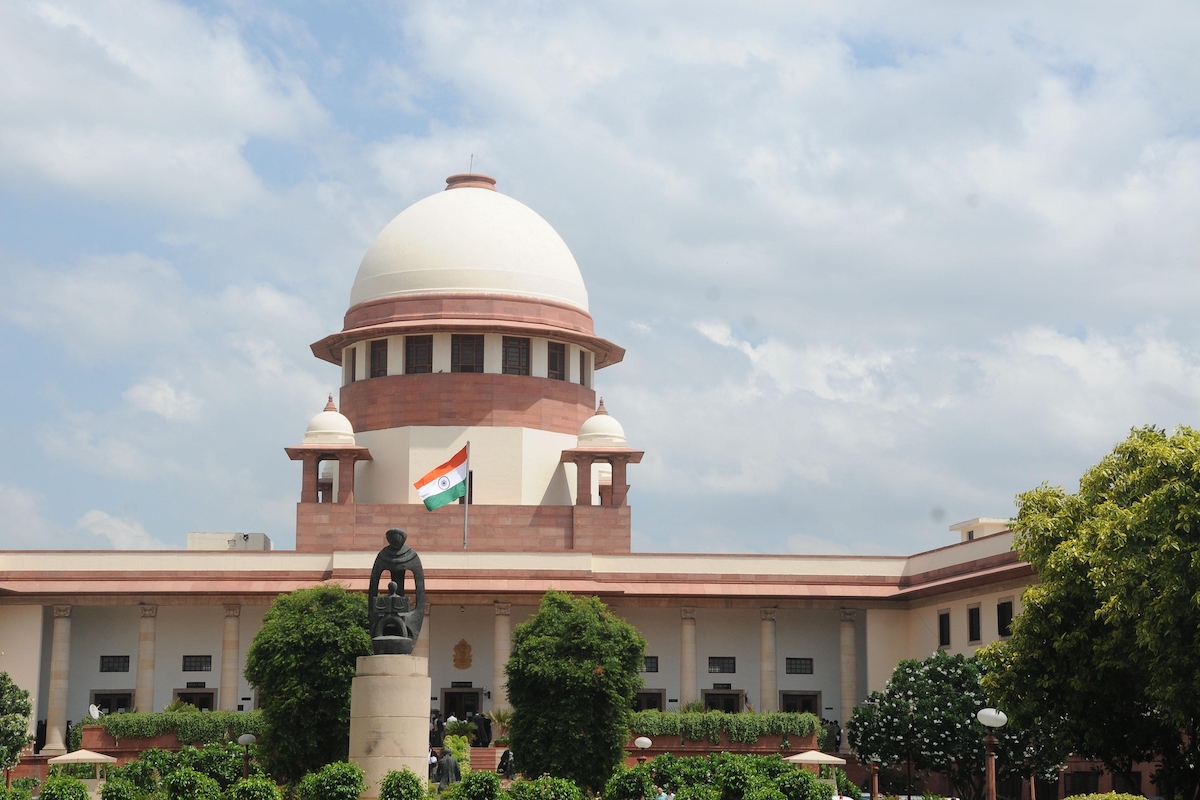The Supreme Court on Tuesday said it would examine the constitutional validity of the Central government’s decision to allow 10 per cent reservation to economically weaker sections (EWS) in admissions and jobs.
A five-judge Constitution bench, headed by Chief Justice Uday Umesh Lalit and Justices Dinesh Maheshwari, S. Ravindra Bhat, Bela M. Trivedi, and J.B. Pardiwala said the court would decide the procedural aspects and connected details on September 6 and on September 13, it will begin the hearing in the matter.
Advertisement
The top court clarified that it would first examine the 10 per cent EWS reservation in admissions and jobs, and then consider appeals against the Andhra Pradesh High Court verdict which set aside a local law granting reservation to Muslims.
It pointed out that since the issues are overlapping in the matter, it would take up the pleas relating to EWS quota first followed by appeals challenging Muslim reservation.
The Centre, through the 103rd Constitutional Amendment Act, 2019, introduced the provision for EWS reservation in admissions and government jobs.
The bench asked four lawyers – Kanu Agarwal, Shadan Farasat, Nachiketa Joshi, and Mahfooz Nazki — to act as nodal advocates to ensure smooth handling of pleadings including the filing of common compilations. Nineteen petitions, which includes appeal of the Andhra Pradesh government, have challenged the high court verdict quashing Muslim reservation in admissions and jobs in the state.
The high court said the Andhra Pradesh reservation of seats in the educational institutions and appointments/posts in the public services under the state to Muslim Community Act, 2005, as unconstitutional and violative of Articles 15(4) and 16(4) of the Constitution











